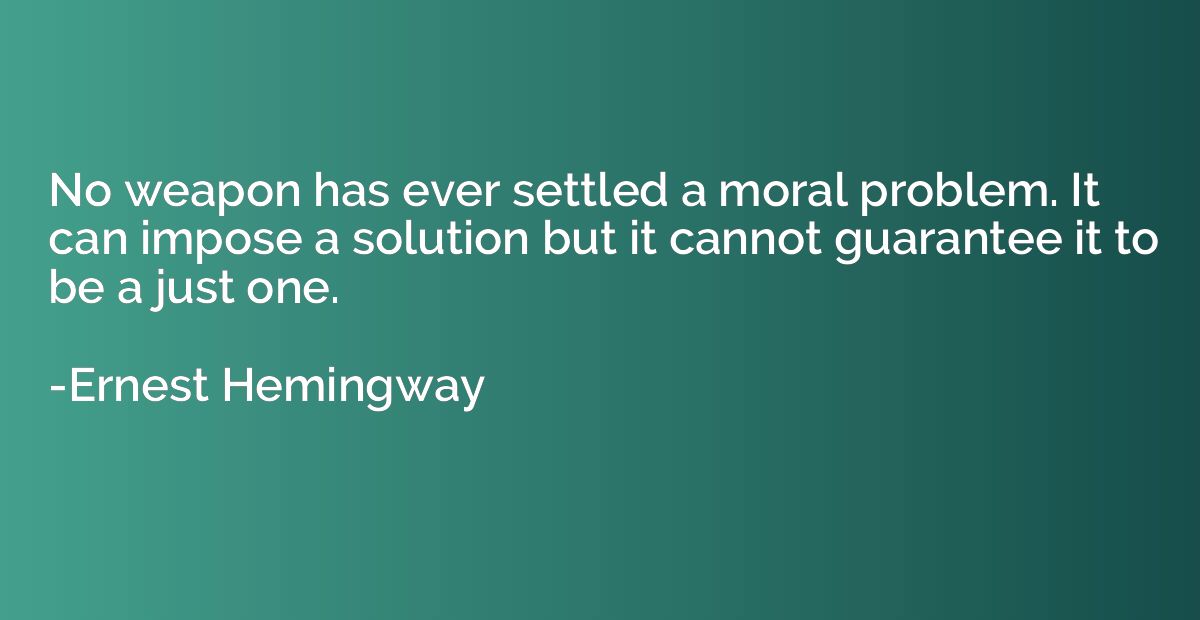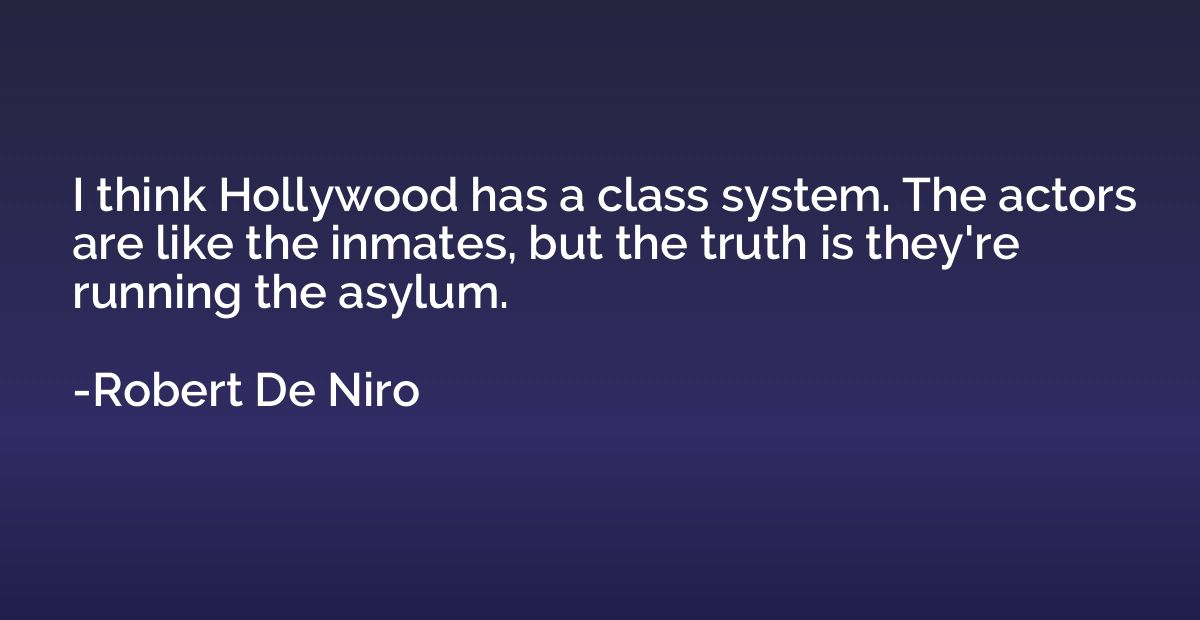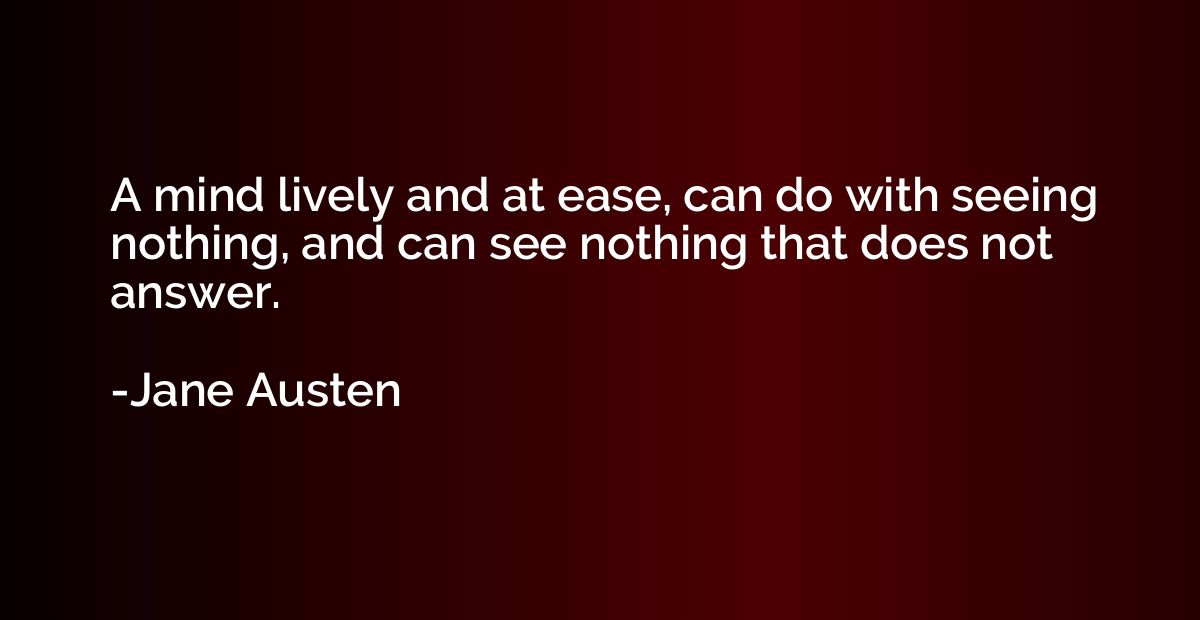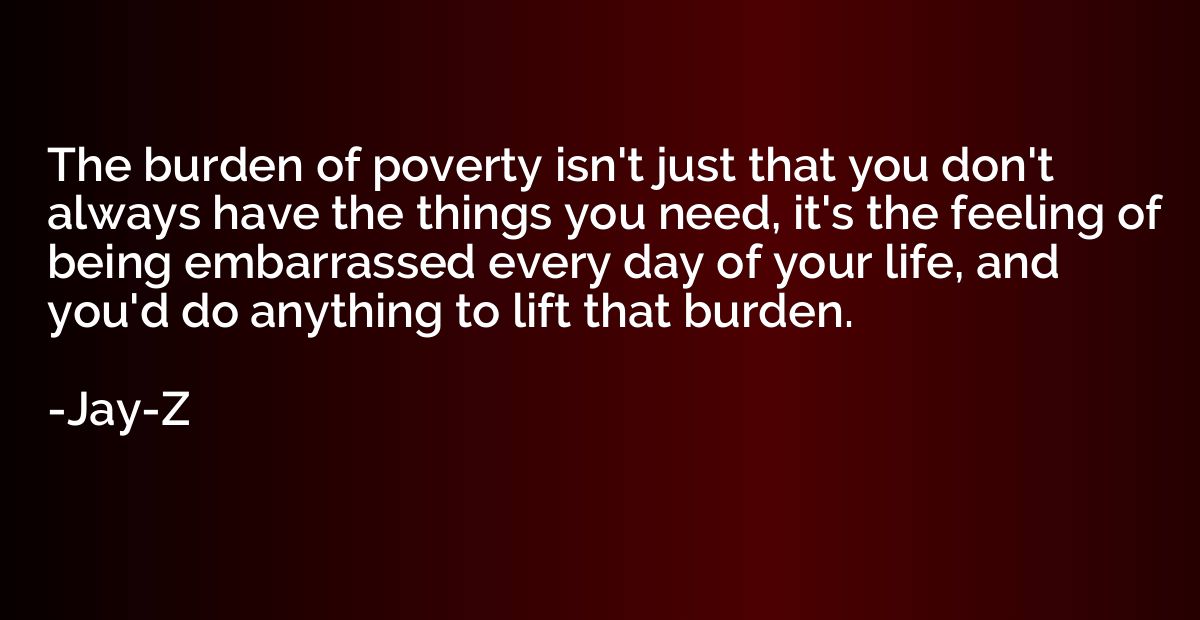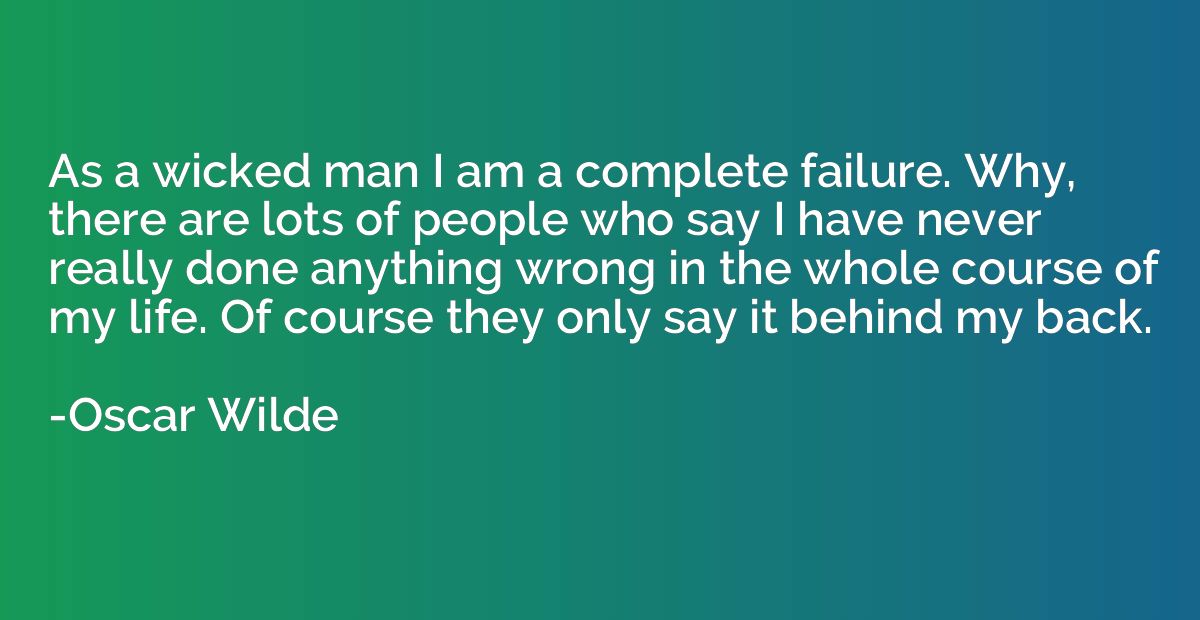Quote by Victor Hugo, Les Mis
Progress is man's mode of existence. The general life of the human race is called Progress, the collective stride of the human race is called Progress. Progress advances; it makes the great human and terrestrial journey towards the celestial and the divine; it has its halting places where it rallies the laggard troop, it has its stations where itmeditates, in the presence of some splendid Canaan suddenly unveiled on its horizon, it has its nights when it sleeps; and it is one of the poignant anxieties of the thinker that he sees the shadow resting on the human soul, and that he gropes in darkness without being able to awakenthat slumbering Progress.
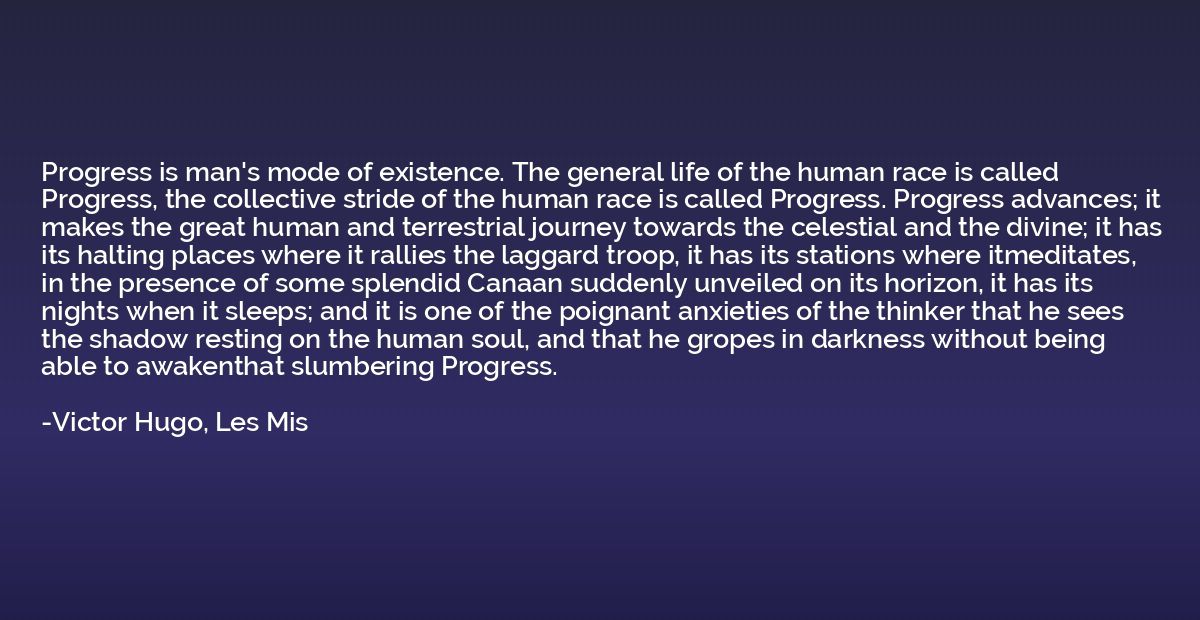
Summary
This quote emphasizes the significance of progress in human existence. It suggests that progress is not only a characteristic but also the lifeline of mankind. Progress propels humanity towards divine and celestial heights, with occasional pauses and stops along the way. The quote describes progress as a collective and continuous journey, sometimes hindered by inertia or unawareness of its potential. The author expresses the frustration of thinkers who witness the shadow cast on the human soul and their own inability to awaken the dormant progress. This quote underscores the fundamental importance of progress in shaping human life and aspirations.






